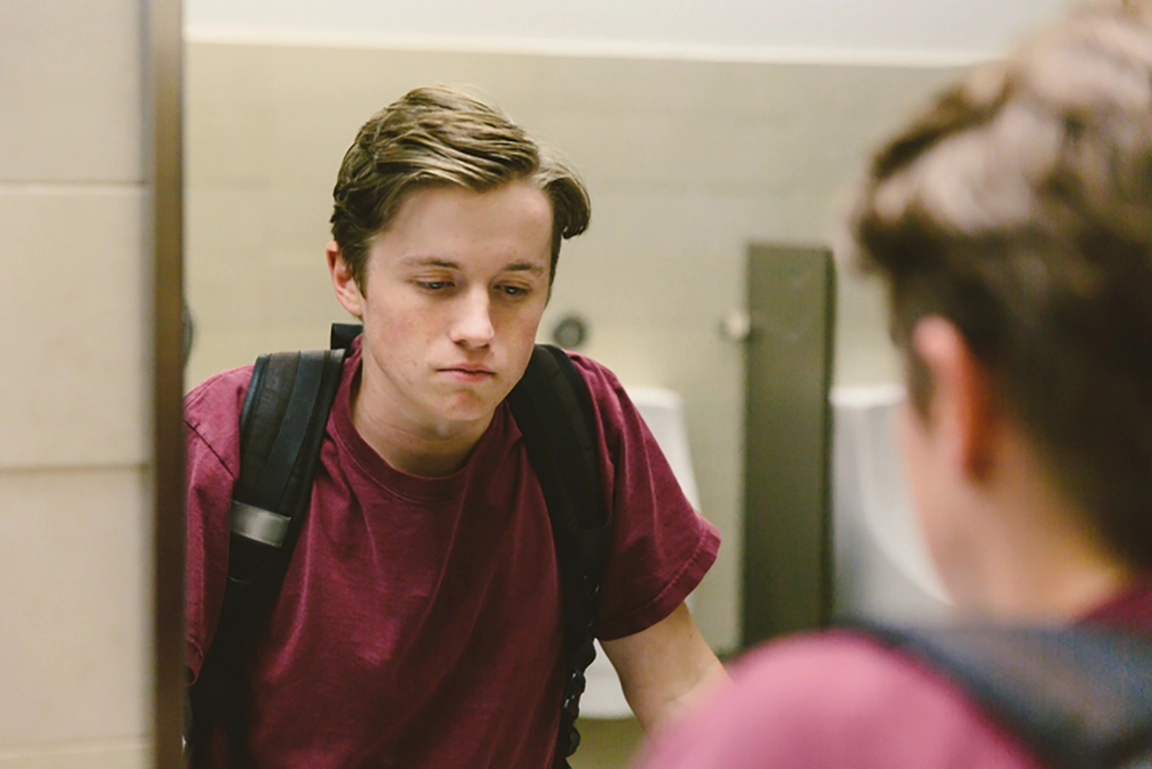It’s normal for teens to push limits, rebel against authority or take risks. However, when they display unusual behavior such as extreme moodiness, impulsiveness, withdrawal, or aggression, this is not typical teen angst. If your child is experiencing emotional distress or suffering from diagnosed or undiagnosed anxiety or depression, outpatient therapy can help manage their emotions and behavioral challenges. However, if they fail to respond to treatment, it’s time to explore other options.
Therapy for Teens
Considering why your teen is receiving outpatient therapy is an important consideration when seeking further treatment. Understanding your goals for treatment will help you to know when it is time to move to a higher level of care. For example, if your teen has been diagnosed with neurodiverse disorders like ADHD and autism and they’ve undergone psychotherapy without results, it could mean your teen has compounding issues beyond their primary diagnosis.
More complex cases often require full-time, residential care. Complex cases can include multiple diagnoses or more severe levels of a condition. In such cases where your teen is suffering from a more severe case of depression or is also experiencing other issues such as substance use/abuse, outpatient therapy may not provide enough support for your child.
Signs Outpatient Therapy Is Not Enough
The needs of teens with co-occurring mental, emotional, and behavioral health problems or parental relationship challenges require a more specialized treatment strategy. Trying to manage multiple challenges or severe cases of ADD/ADHD, mood dysregulation, etc. also can’t be addressed with traditional therapy alone. Some signs that your teen’s outpatient therapy isn’t enough include:
- They are struggling because they’re encountering familiar roadblocks such as insufficient attention at school, peer encounters or complex family dynamics
- They can’t cope or function within their school, home, or friend environments
- They’re seeing limited progress or keep falling into old habits and behaviors
- Their treatment has revealed they’ve experienced trauma
- They’re struggling with addiction
- Their behavior is becoming progressively riskier and more dangerous either for themselves or others
- Their medication isn’t working
- Their behavior is toxic to family dynamics
- They’re expressing feelings of hopelessness
- They talk about death and suicide
Options When Outpatient Therapy Isn’t Enough
When traditional therapy isn’t working for your teen, you have other options available such as different types of therapy or more intensive therapy. Here are other available options you can use to find help for your teen, from least intensive to more intensive:
Group Therapy
Peer interactions can help teens come to grips with their struggles by discussing their feelings with other teens experiencing the same issues. Group therapy can assist or replace individual therapy sessions.
Family Therapy
If the family dynamic is at risk, or you feel your child/parent relationship is adding to their troubles, family therapy provides a safe place to improve communication and learn coping skills.
Intensive outpatient therapy programs
Day programs offer a combination of group therapy, individual therapy and medication management with constant observation and therapy to help your teen cope. However, these programs can interfere with their education which causes them to fall behind and can introduce new struggles and anxiety.
Short-term residential care
Similar to the above approach, short-term residential care requires a stay at a hospital/facility for periods that typically last about two months. Short-term residential care is ideal for situations that require more intensive care but not necessarily for an extended period of time.
Long-term residential therapy
Teen residential treatment at a therapeutic boarding school ensures your child has 24/7 care available with a combination of mental health treatments, education, and continued interaction with family support to achieve notable, sustainable results. Typical treatment includes group and individual therapy and oversight by a mentor who keeps track of your teen’s state of mind. This ensures proper interventions are provided when required. Classrooms of about six students ensure they receive the individualized attention they need, which is especially important for students with neurodiverse disorders.
When to Choose a Therapeutic Boarding School
Either short or long term treatment at a residential facility is not an easy decision. However, when outpatient therapy methods have been tried without success, or when the needs of the child overwhelm family resources, therapeutic boarding schools can be an excellent treatment option.
A therapeutic boarding school allows your teen to learn skills to manage their emotions, rid themselves of negative thought patterns, and remove them from situations that might be contributing to their state of mind. As a result, they learn to become accountable for their actions, develop focused problem solving and decision-making skills and become more confident and competent through sustainable change.
At Telos, we have two decades of experience in helping teens and their families with programs that produce impressive results. If your child has needs that suggest a therapeutic boarding school environment may be the best option, please reach out today. We are here to help.
Learn how a therapeutic boarding school can help your struggling teen here.

